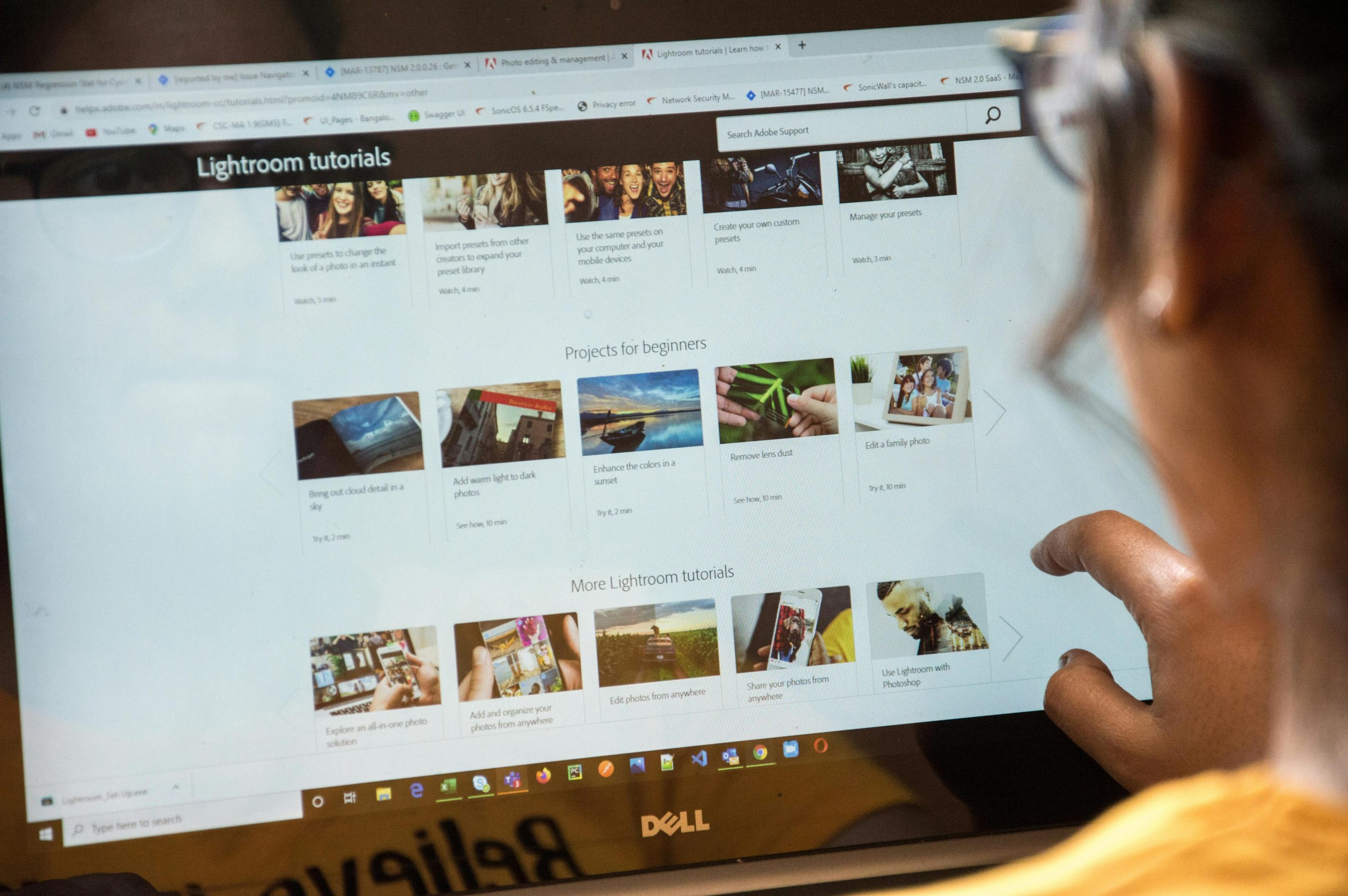Educational Technology Tools Improving Higher Learning Experiences
Educational technology tools have revolutionized the way students learn and enhance their higher education experiences. From online learning platforms to virtual classrooms, these tools have changed the traditional methods of teaching and have made learning more interactive, engaging, and convenient. With the rapid advancements in technology, educators are constantly adopting new tools to improve the learning experience of their students. In this article, we will explore the various educational technology tools that are enhancing higher learning experiences for students around the world.
The Impact of Educational Technology Tools
In today’s digital age, it is increasingly important for educators to incorporate educational technology in their teaching methods. These tools have the ability to transform traditional classrooms into dynamic learning environments that are better suited for the needs of modern students. With the use of technology, students are able to access a wealth of information at their fingertips and learn at their own pace. This not only makes learning more efficient but also more personalized.
Online Learning Platforms
One of the most popular forms of educational technology tools is online learning platforms. These platforms provide a virtual learning environment where students can access course material, engage in online discussions, and complete assignments at their own convenience. Online learning platforms allow students to access their coursework from anywhere, which is particularly beneficial for remote learners or those with busy schedules. It also encourages self-paced learning, where students can go back and review material as needed.
Virtual Reality
Another technology tool that is rapidly gaining popularity in higher education is virtual reality. This technology provides a simulated environment that allows students to immerse themselves in learning experiences that would not be possible in a traditional classroom. For example, students studying history can virtually visit historical sites and experience events as if they were present, making the learning experience more engaging and memorable. Virtual reality also has the potential to improve practical learning, such as in science labs, where students can conduct experiments in a virtual setting.
Interactive Assessment Tools
Assessment plays a crucial role in the learning process, and the use of educational technology has greatly enhanced the way educators evaluate their students’ progress. Interactive assessment tools, such as online quizzes and virtual simulations, provide immediate feedback to students, allowing them to identify their strengths and weaknesses. This helps students stay motivated and engaged in their learning, as they can see their progress in real-time and work on areas that need improvement.
The Future of Educational Technology Tools
As technology continues to advance, the possibilities for educational technology tools are endless. In the future, we can expect to see more innovations, such as artificial intelligence, augmented reality, and gamification, being incorporated in higher education. These tools will further enhance the learning experience and make it more interactive, immersive, and personalized for students.
Challenges of Implementing Educational Technology Tools
Despite the numerous benefits that educational technology tools offer, there are still some challenges faced in their implementation. One of the main challenges is the digital divide, where some students may not have access to the necessary technology due to financial constraints or lack of internet connectivity. To address this issue, educational institutions need to ensure equal access to technology for all students.
The Role of Educators in Using Technology Effectively
While educational technology tools have the potential to improve the learning experience, their effectiveness ultimately lies in the hands of educators. It is crucial for educators to be trained in using technology effectively in their teaching methods and integrating it seamlessly into the curriculum. This will ensure that students receive a well-rounded education that prepares them for the ever-evolving digital world.
Conclusion
Educational technology tools have undoubtedly transformed the higher learning experience for students, making it more engaging, efficient, and personalized. As technology continues to evolve, it is important for educators to stay updated and adopt new tools in their teaching methods. By embracing technology and using it effectively, we can provide our students with a quality education that prepares them for a future that is heavily reliant on technology.









